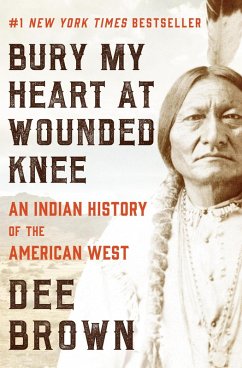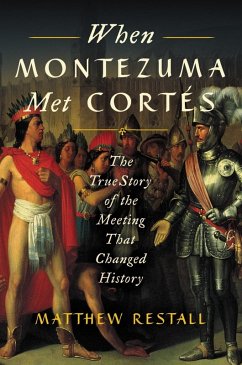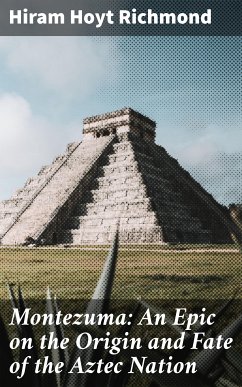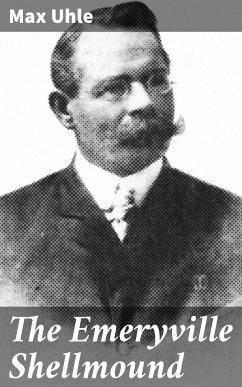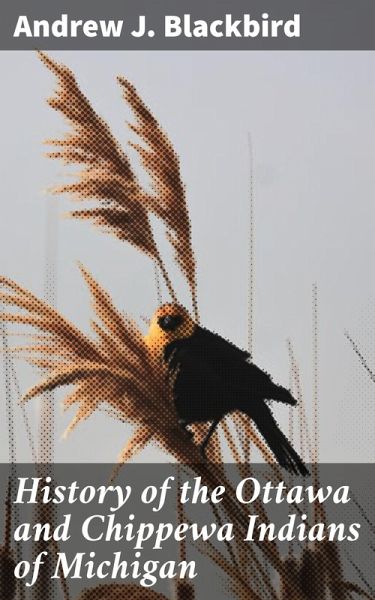
History of the Ottawa and Chippewa Indians of Michigan (eBook, ePUB)
Enriched edition. A Grammar of Their Language, and Personal and Family History of the Author
Kommentar: Weatherby, Lance / Redaktion: Good Press
Versandkostenfrei!
Sofort per Download lieferbar
2,49 €
inkl. MwSt.
Weitere Ausgaben:

PAYBACK Punkte
0 °P sammeln!
In "History of the Ottawa and Chippewa Indians of Michigan," Andrew J. Blackbird meticulously chronicles the rich cultural heritage and historical narratives of the Ottawa and Chippewa tribes. Utilizing a blend of oral histories and rigorous research, Blackbird's literary style is both scholarly and engaging, making the complexities of Indigenous life accessible to a broader audience. The book situates the tribes within the broader context of American history, examining their interactions with European settlers and subsequent systemic challenges faced by Indigenous peoples. Blackbird's account...
In "History of the Ottawa and Chippewa Indians of Michigan," Andrew J. Blackbird meticulously chronicles the rich cultural heritage and historical narratives of the Ottawa and Chippewa tribes. Utilizing a blend of oral histories and rigorous research, Blackbird's literary style is both scholarly and engaging, making the complexities of Indigenous life accessible to a broader audience. The book situates the tribes within the broader context of American history, examining their interactions with European settlers and subsequent systemic challenges faced by Indigenous peoples. Blackbird's account is not merely a retelling of events; it is a profound exploration of identity and resilience. Andrew J. Blackbird, an Ottawa Indian himself, draws from his heritage, personal experiences, and a deep commitment to preserving Native American history. Having lived among his people, Blackbird's insights reflect a unique perspective that bridges the gap between Indigenous traditions and the encroaching pressures of modernity. His purpose in writing this book stems from a desire to combat the erasure of Native stories from history and to advocate for a deeper understanding of Indigenous cultures. This book is highly recommended for scholars, students, and anyone interested in Indigenous studies, American history, or cultural preservation. Blackbird's eloquent narrative not only enlightens readers about the Ottawa and Chippewa tribes but also serves as a crucial reminder of the ongoing relevance of their histories. Dive into this essential work to gain a deeper appreciation for the complexities and legacies of Indigenous peoples in Michigan. In this enriched edition, we have carefully created added value for your reading experience: - Hand-picked Memorable Quotes shine a spotlight on moments of literary brilliance. - Interactive footnotes clarify unusual references, historical allusions, and archaic phrases for an effortless, more informed read.
Dieser Download kann aus rechtlichen Gründen nur mit Rechnungsadresse in A, B, BG, CY, CZ, D, DK, EW, E, FIN, F, GR, H, IRL, I, LT, L, LR, M, NL, PL, P, R, S, SLO, SK ausgeliefert werden.










